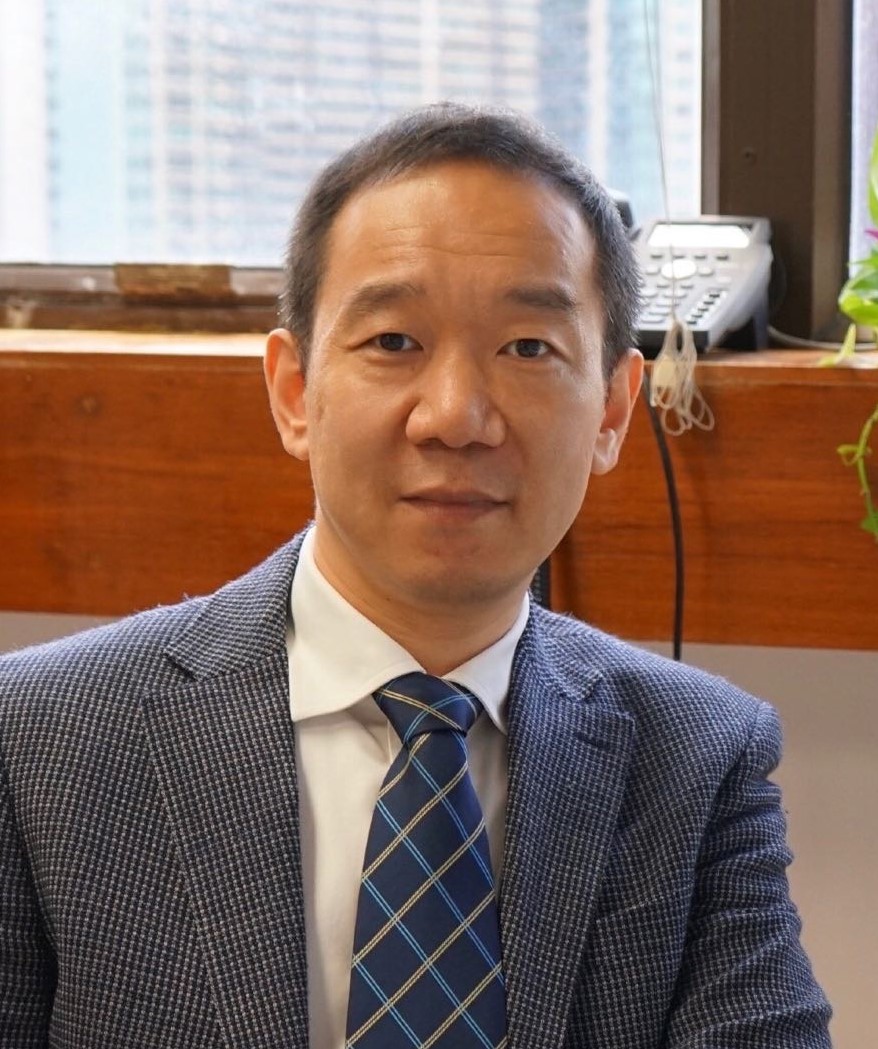Edge Learning: the Enabling Technology for Distributed Big Data Analytics in Cloud-Edge Environment
Nowadays, the number of edge devices (e.g., phones, tablets, sensors, etc.) is growing extremely fast, and these devices generate an excessive amount of data at a regular basis which constitutes big data. It is very significant to learn from such big data for intelligent applications, e.g., Smart buildings. In this research project, we propose Edge Learning, a paradigm complementary to the cloud-based methods for big data analytics in the cloud-edge environment. It is proposed and developed for moving the training and inference to the edge environment to serve the delay-sensitive and privacy-sensitive applications, of which the data cannot be gathered to the cloud. To tackle the challenges rooted by the inherent characteristics of the cloud-edge environment, we will make efforts on developing new techniques of Edge Learning in this project, including (1) collaborative learning architecture, (2) learning-oriented communication scheme, (3) fault tolerance and resilience strategy, (4) privacy protection and security guarantee, and (5) trained model deployment and update. We will develop an Edge Learning platform that embeds all technologies above. Our proposed research and implemented platform will enable learning-based applications to be deployed in edge environment in an efficient and secure manner, resulting in the quick deployment of AI-enabled services in smart cities, which has tremendous technological and social significance.

The Dr.Body System for Posture Detection and Rehabilitation Tracking
Dr. Body posture analysis system is the first automated all-in-one machine that performs comprehensive and accurate analysis, evaluation, and diagnosis of human posture: analysis items are in addition to common body dimensions. It also includes three-dimensional reconstruction of human spine based on infrared, foot pressure analysis, XO legs, pelvic deformation analysis and other functions; it is a set of comprehensive posture evaluation system with clinical significance in the real sense.
Dr. Body APP uses AI algorithm to screen scoliosis, XO legs, high and low shoulders and other unhealthy postures through the photos of the back of the human body of the mobile phone for screening and severity classification; the use of a single photo of the human body for three-dimensional reconstruction of the human body for posture analysis and dimension measurement; Provide users with a variety of sports rehabilitation online courses, and record sports videos for intelligent action correction and analysis.

AI-enhanced Motion Tracking with Mobile and Wearable Device
Arm Motion Tracking and Human Activity Recognition: this project
uses a smart watch to precisely track the arm motion in real-time.
With the motion trace of the arm, we can further applies the AI
techniques to recognize abundant arm gestures and understand the
associate human activities (e.g., running, smoking, drinking,
driving) in the daily life. Compared to the commonly used step
counter, activities tracking benefits healthy analysis applications
by providing delicate and diversified healthy information. Moreover,
this technique may also benefit a wide range of applications, such
as Natural user interface (Device Verification), Motion gaming
(Controller in VR), Sports and training analytics.
AI-based
Sensor Drifts and Noises Remover: this project uses deep learning
technique to predict and estimate noises and drifts of the internal
sensor on the smart phone. The internal sensors such as
accelerometer, gyroscope and magnetometer are widely used in
applications such as activity recognition and indoor localizations.
However, the internal sensor always produce polluted data due to the
unavoidable hardware drifts as well as external noises caused by
motion and environment. These noises often limit the accuracy of
activity recognition and indoor localizations. This project try to
estimate sensor noises with deep learning technique and remove them
by adding an appreciate compensation, the revised virtual sensor can
work as a background service to provide clean the position data and
support a wide range of position-awareness apps.


